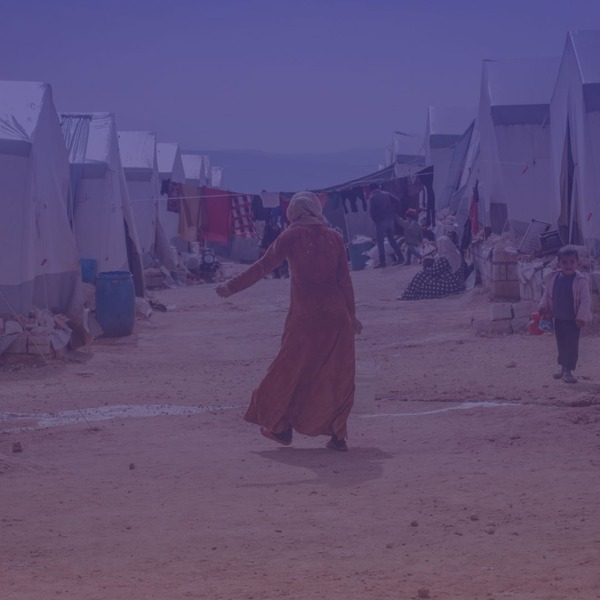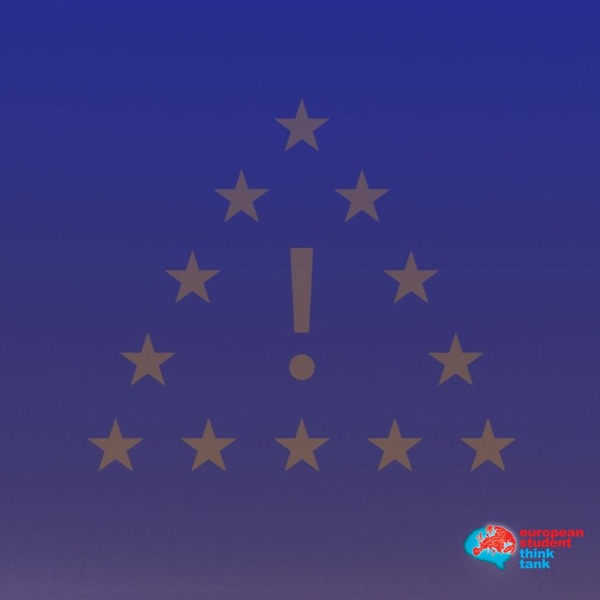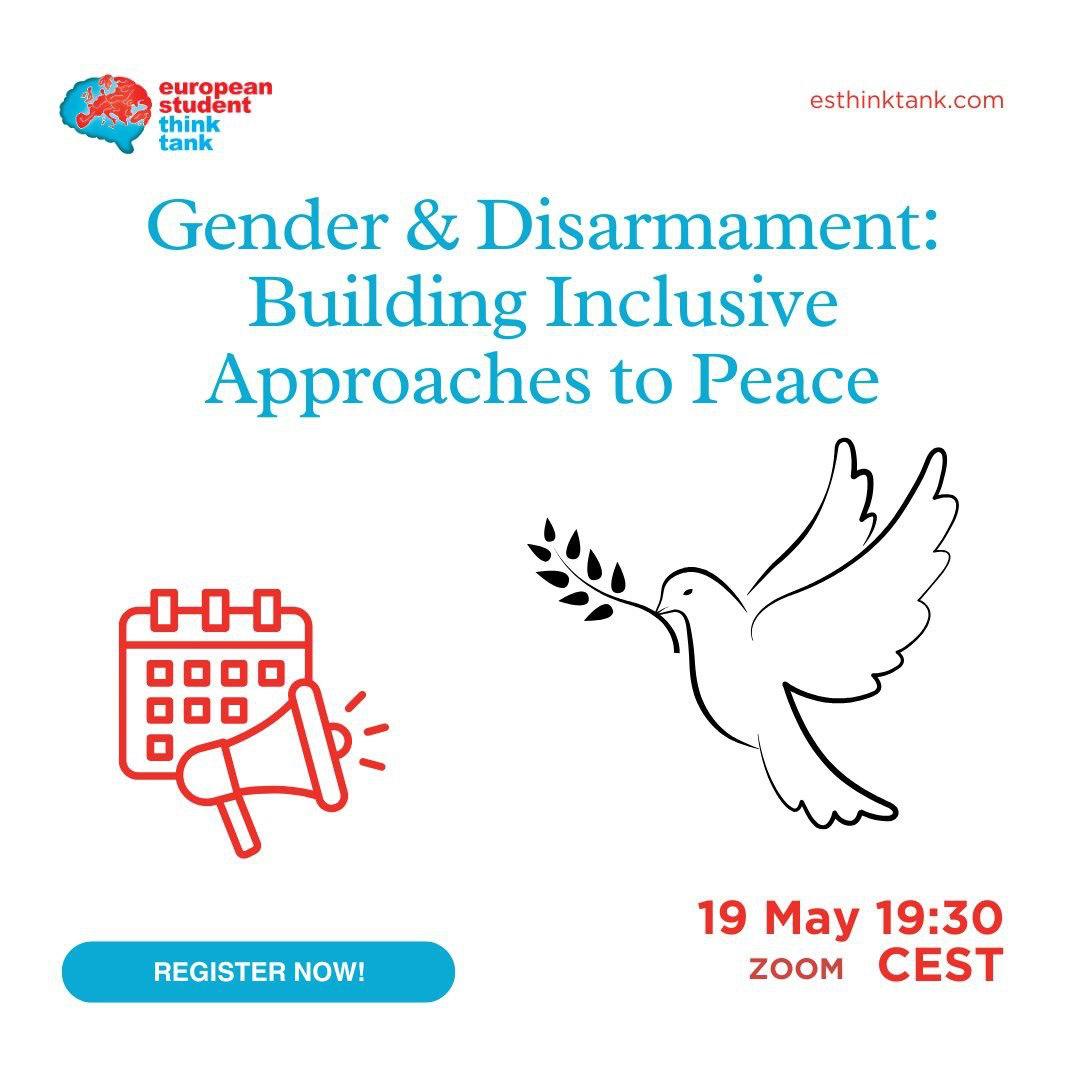Our very own Ambassador to Austria Johannes Tropper led an EST visit to the United Nations High Commissioner for Refugees (UNHCR) and the European Union Agency for Fundamental Rights (FRA) 30 October. Here you can read all about his experience of the visit!
Our Ambassador’s experience
The visit provided an opportunity to get a better insight into the work of the UNHCR as well as the FRA and offered some great expertise on the current influx of refugees in Europe. Whilst the issue of refugees and asylum seekers is hotly debated, a lot of discussions often lack the facts and concrete figures. The EST tried to compensate this deficiency by visiting the UNHCR offices in Vienna. Around 30 students participated in the guided tour of the United Nations headquarters in Vienna and the subsequent lecture given by UNHCR. The interactive nature of the presentation was a great chance to discuss the most burning questions.
Some interesting take-aways are briefly summed up below.
Currently, almost 60 million people have been forced to abandon their homes. The majority, more than 38 million, is internally displaced people, i.e. people who fled their homes but did not cross international borders, and around 19.5 million are refugees. In addition, around 2 million people are registered as asylum seekers, which is a comparatively low number, as most countries in the world do not enact asylum procedures, but rather recognize fleeing people prima facie as refugees. Only industrialized countries such as the U.S., the European countries and South Africa have asylum procedure laws to distinguish between persecuted refugees and the economic migrants.
Given the recent surge in the number of refugees in Europe, one tends to overlook the fact that 86 % of the world’s refugees are hosted in developing countries and approximately 25% remain in the least developed countries.
Due to the war in Syria, the number of refugees and internally displaced people has dramatically increased. Most of the refugees are located in Turkey, Jordan and Lebanon, which hosts around 1 million refugees- in other words ¼ of the Lebanese population is made up of refugees. These countries have to bear a huge financial, social and infrastructural burden and UNHCR’s resources have been seriously depleted. Hence it is unable to meet the basic needs of these refugees in the camps.
Traditionally, the UNHCR has assisted refugees and internally displaced people in developing countries, but given the situation in Greece the UNHCR needs to perform similar humanitarian tasks there. The instability in Libya shifted the migration route from Libya to Turkey and Greece. Syrians are now increasingly fleeing to Europe, and in particular Germany, for various reasons: better safety and security, economic prosperity, existing communities and migratory patterns of the Syrian community. Furthermore, countries, which hitherto managed to host most refugees are unable to cope and Lebanon, for instance, does no longer permit newcomers to settle in Lebanon.
Between April 2011 and September 2015 around 512,900 asylum applications have been filed by Syrians in Europe. The number has been significantly increasing in September and is considered to be extremely high in October. Apart from Syrians, the number of Afghan refugees has traditionally been rather high (especially from the Hazara minority), now second to the Syrians. The turmoil in Iraq has caused a massive increase in Iraqi refugees, which overtook the Somali as third largest group of refugees in Europe.
At the European Agency for Fundamental Rights, the group was introduced to the the work of the FRA and its “Handbook on European law relating to asylum, borders and immigration”. The FRA is one of 52 EU agencies located all across the EU. It is tasked with making fundamental rights a reality to everyone in the EU, but was not given the status of a political organization with executive powers to enforce compliance with legal obligations. Hence, its role is not one of a monitoring body. Neither can it address any individual complaints, nor the actions of individual member states, but rather focuses on thematic issues. By virtue of its mandate, the FRA provides evidence-based expertise to EU member states and EU institutions and intends to help share best-practices among member states in order increase implementation of fundamental rights legislation in the EU. A broad network of stakeholders provides input to the FRA, such as civil society organizations, member states and international organizations.
FRA’s activities are based on the multi-annual framework (2007-2013), which defines nine thematic areas: access to justice; victims of crime, including compensation to victims; information society and, in particular, respect for private life and protection of personal data; Roma integration; judicial cooperation, except in criminal matters; rights of the child; discrimination based on sex, race, colour, ethnic or social origin, genetic features, language, religion or belief, political or any other opinion, membership of a national minority, property, birth, disability, age or sexual orientation; immigration and integration of migrants, visa and border control and asylum; racism, xenophobia and related intolerance.
The output in these areas is rather impressive and freely accessible, ranging from handbooks for practitioners and annual activity reports to the EU-Midi-Report, which is based on the largest EU-wide survey on minorities. Different processes of data collection and methodologies are applied by the FRA or other subsidiary organizations tasked with data collection in order to uncover inadequacies in dealing with violations of fundamental rights.
A very interesting feature for practitioners and students alike is the Charterpedia, an online collection of case law from the European Court of Justice (ECJ) and national case law related to the provisions of the Charter of Fundamental Rights. This tool can also be downloaded to mobile devices in the format of the EU charter app with additional legal explanations and selected case law of the European Court of Human Rights (ECtHR).
For those interested in getting hands-on experience of the work the FRA, there is the possibility of doing a one-year, paid internship, starting in September. Applicants need to have obtained a university degree and be fluent in English and another EU language. Each year nearly 1,400 applications are screened, of which 40-50 interns are selected.
With regards to migration and asylum, the FRA organized a conference on migration in 2014. In the outcome document the institutions and member states reiterated their commitment to the principle of non-refoulement, i.e. the prohibition of expelling refugees to territories where they are under threat of being persecuted. Furthermore, they recognized that legal ways to enter Europe in order to attain international protection are limited, social inclusion for immigrants needs to be enhanced and smuggling effectively combated without breaching international human rights law.
On the issue of asylum and migration the FRA published the “Handbook on EU Law relating to asylum, borders and immigration”. The handbook is based on the case law of the ECJ and ECtHR as well as on the relevant EU regulations and directives. It is primarily intended to assist practitioners in the state sector and civil societies informing them about European standards on asylum and migration. Nine chapters are covered by the handbook: access to the territory and to procedures; status and associated documentation; asylum determination and barriers to removal: substantive issues; procedural safeguards and legal support in asylum and return cases; private and family life and the right to marry; detention and restrictions on the freedom of movement; forced returns and manner of removal; economic and social rights; persons with specific needs.
Johannes Tropper
EST Ambassador to Austria

 The ’Ndrangheta’s Infiltration and Threat to European Institutions
The ’Ndrangheta’s Infiltration and Threat to European Institutions  From Paper to Practice: How Grassroots Norms Undermine Gender Rights in Pakistan
From Paper to Practice: How Grassroots Norms Undermine Gender Rights in Pakistan  Exploited Childhoods: The Role of Global Corporations in Perpetuating and Mitigating Child Labour
Exploited Childhoods: The Role of Global Corporations in Perpetuating and Mitigating Child Labour  Human Rights Challenges in Addressing SLAPPs in Media, NGOs and Journalism in the EU
Human Rights Challenges in Addressing SLAPPs in Media, NGOs and Journalism in the EU 



